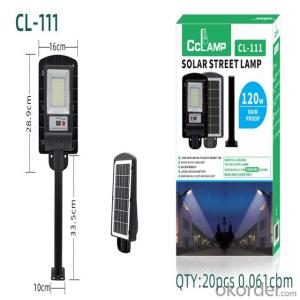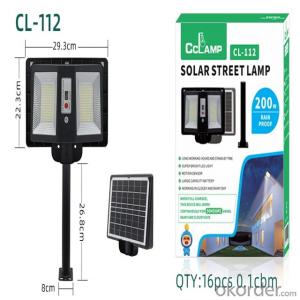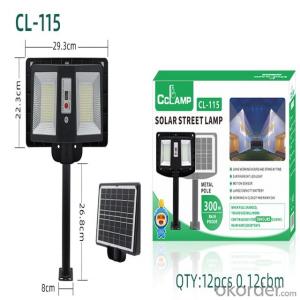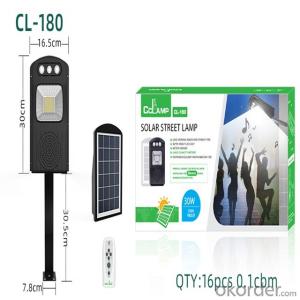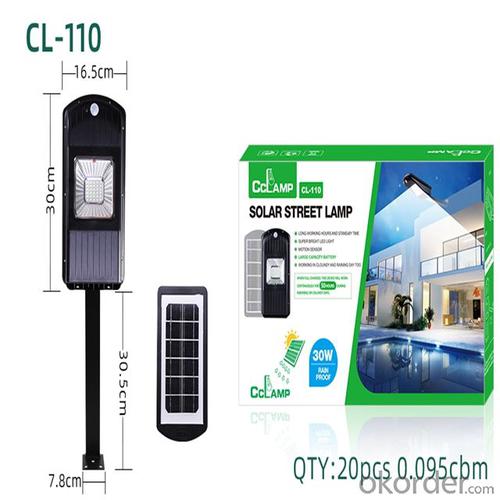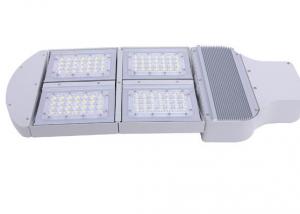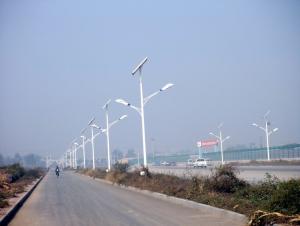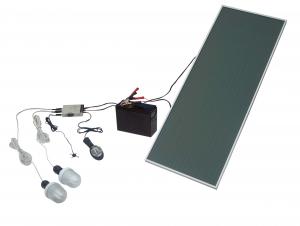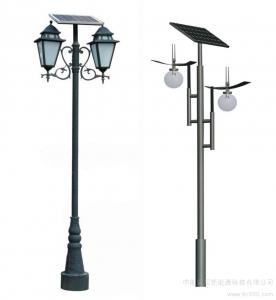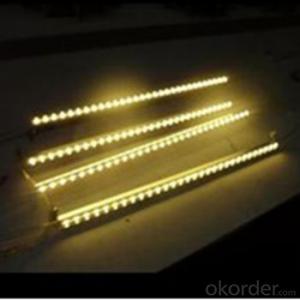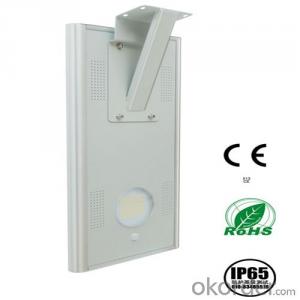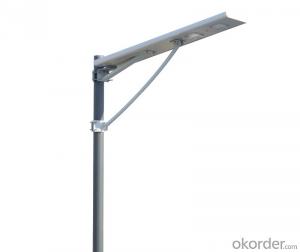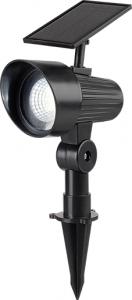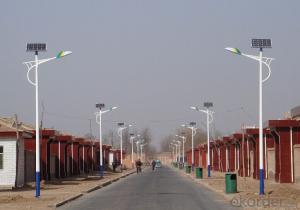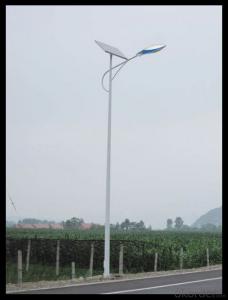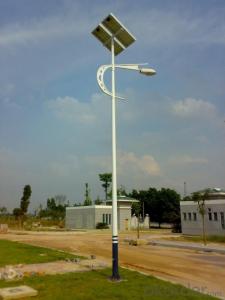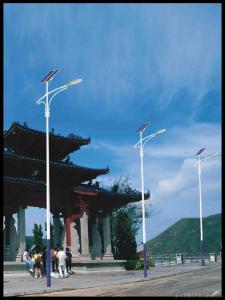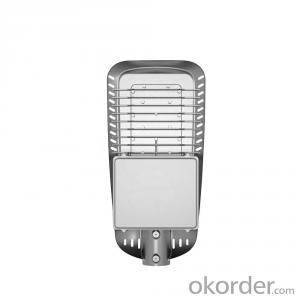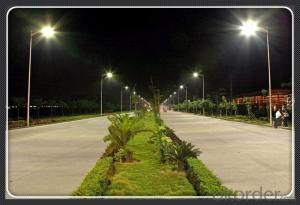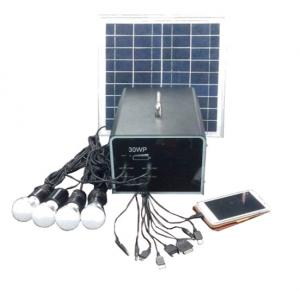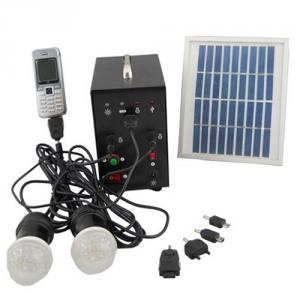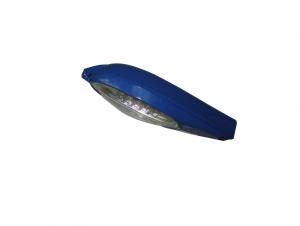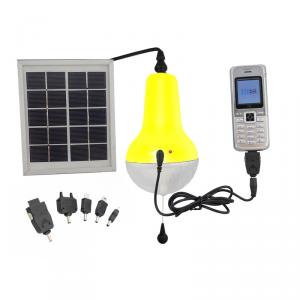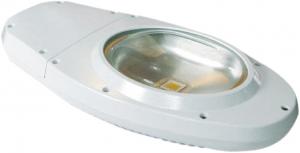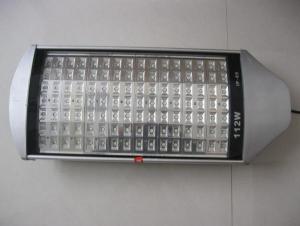Costco Solar Light - High Efficiency IP65 Outdoor Waterproof 100W 200W 300W LED Solar Street Light
- Loading Port:
- Stock in Panama
- Payment Terms:
- TT OR LC
- Min Order Qty:
- 100 pc
- Supply Capability:
- 10000 pc/month
OKorder Service Pledge
OKorder Financial Service
You Might Also Like
Specification
Company Profile
CNBM International Corp., established in 2004, which is one of the subsidiaries of CNBM Group, we are also a state-owned company. Our group is the most important business platform for import & export and logistic of CNBM Group. As the largest stated-owned group in China, we have a mission to reduce the carbon emission in the worldwide. From year 2010, Our CNBM Solar division already has sent the new energy products to over 60 countries and regions all over the world, and got highly recognized by business partners and clients.

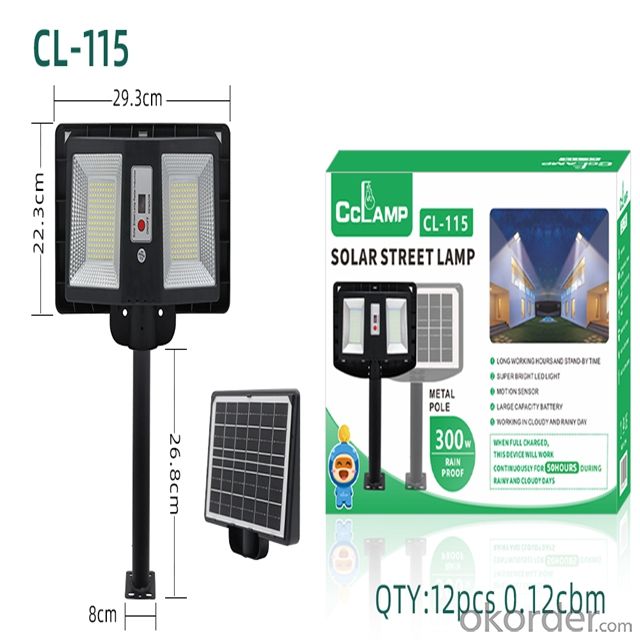
Key attributes
| Warranty(Year) | 2-year |
| Lighting solutions service | Lighting and circuitry design, Project Installation |
| Place of Origin | Zhejiang, China |
| Application | Garden, Road |
| Light Source | LED |
| Brand Name | CNBM |
| Color Temperature(CCT) | 6000K (Daylight Alert) |
| IP Rating | IP65 |
| Power Supply | Solar |
| Certification | EMC, RoHS, CE, LVD |
| Input Voltage(V) | DC 6V |
Lead time
| Quantity (pieces) | 1 - 500 | 501 - 1000 | 1001 - 5000 | > 5000 |
| Lead time (days) | 7 | 10 | 15 | To be negotiated |
Supply Ability
| Supply Ability | 100000 Piece/Pieces per Month |
- Q: Are solar lights suitable for RV or camping trailer lighting?
- Yes, solar lights are highly suitable for RV or camping trailer lighting. They are a popular choice among campers and RV enthusiasts because they are portable, energy-efficient, and easy to install. Solar lights are powered by sunlight, which means you don't have to worry about connecting them to an electrical source or running out of batteries. They are also environmentally friendly, as they don't produce any emissions or waste. Additionally, solar lights come in a variety of styles and brightness levels, allowing you to choose the ones that best suit your needs and preferences. Overall, solar lights are a great option for illuminating your RV or camping trailer, providing a reliable and sustainable lighting solution.
- Q: Are there solar lights for outdoor patios or gazebos?
- Yes, there are solar lights specifically designed for outdoor patios and gazebos. These lights are equipped with solar panels that absorb sunlight during the day to power the lights at night. They are a great eco-friendly and cost-effective option for illuminating outdoor spaces.
- Q: Can solar lights be used for public transportation stops or stations?
- Indeed, the utilization of solar lights is viable for public transportation stops or stations. Solar lights present a sustainable and energy-efficient illumination alternative that can be effortlessly incorporated into open-air spaces, including transportation stops and stations. These lights are fueled by the sun, eliminating the need for electricity from the grid, hence rendering them a cost-effective and eco-friendly choice. By adequately illuminating these areas, solar lights ensure the safety and convenience of commuters, particularly during nighttime hours. Furthermore, their low maintenance and prolonged lifespan make them a perfect option for public transportation stops or stations.
- Q: Are solar lights resistant to wildlife interference?
- Solar lights are typically designed to be resistant to wildlife interference, but the level of resistance may vary depending on the specific design and construction of the lights. Some solar lights may have protective covers or enclosures to prevent wildlife from tampering with the internal components, while others may have motion sensors that deter animals from getting too close. However, it's important to note that no solar light is completely immune to wildlife interference, particularly if animals are determined or the lights are not properly installed or maintained.
- Q: Are solar lights suitable for use in historical or heritage sites?
- Depending on various factors, historical or heritage sites may find solar lights to be a suitable option. Solar lights have the advantage of operating independently from the electrical grid, making them ideal for sites where maintaining the site's original character and minimizing disruption is important. To protect the integrity of historical or heritage sites, solar lights can be easily installed without the need for extensive wiring or trenching. They can be strategically placed to enhance the site's aesthetics while providing sufficient illumination for safety and security. Furthermore, solar lights are environmentally friendly as they rely on renewable energy sources, aligning well with the preservation and sustainability objectives often associated with historical or heritage sites. By utilizing solar energy, these lights can reduce carbon emissions and minimize the ecological impact on the site. However, careful consideration should be given to certain factors before implementing solar lights in historical or heritage sites. These include the sensitivity of the site, specific lighting requirements, and ensuring that the lights blend harmoniously with the overall ambiance. Moreover, it is crucial to assess the availability of sunlight in the area. Solar lights require sufficient exposure to sunlight to charge their batteries effectively. Therefore, if a site is heavily shaded or located in an area with limited sunlight, alternative lighting options may need to be considered. In conclusion, solar lights can be a suitable choice for historical or heritage sites, offering the benefits of independence from the electrical grid, ease of installation, environmental friendliness, and the ability to enhance the site's aesthetics. However, careful evaluation of the site's specific needs and conditions is crucial to successfully integrate solar lighting while preserving the historical and cultural significance of the location.
- Q: Can solar lights be used in regions with limited sunlight?
- Yes, solar lights can be used in regions with limited sunlight. While it is true that solar lights rely on sunlight to generate electricity, advancements in solar technology have made it possible for solar lights to still function in areas with limited sunlight. These lights are designed with highly efficient photovoltaic cells that can convert even small amounts of sunlight into energy. Additionally, many solar lights are equipped with batteries that store excess energy during sunny periods, allowing them to continue functioning even during cloudy or rainy days. Therefore, even in regions with limited sunlight, solar lights can still provide a reliable and sustainable lighting solution.
- Q: Are solar lights suitable for marinas or boat docks?
- Yes, solar lights are suitable for marinas or boat docks. They provide a cost-effective and environmentally friendly solution for lighting outdoor areas in these locations. Solar lights are easy to install, require no wiring or electrical connections, and can operate independently, utilizing solar energy during the day to power the lights at night. They are also durable and weather-resistant, making them ideal for the marine environment.
- Q: How do solar lights handle saltwater corrosion?
- Solar lights are generally designed to withstand saltwater corrosion to a certain extent. They are usually made with materials that are resistant to corrosion, such as stainless steel or high-quality aluminum. These materials have properties that make them less susceptible to the damaging effects of saltwater. Additionally, solar lights are often coated with protective layers or finishes that provide an extra barrier against corrosion. These coatings can help prevent the saltwater from coming into direct contact with the metal components of the light, reducing the risk of corrosion. However, it is important to note that while solar lights are designed to handle saltwater corrosion, they are not entirely immune to its effects. Over time, continuous exposure to saltwater can still cause some level of degradation or damage to the light's components. Therefore, regular maintenance and cleaning are crucial to ensure the longevity of solar lights in saltwater environments. Proper maintenance includes rinsing the lights with fresh water periodically to remove any salt residue, checking for any signs of corrosion or damage, and applying appropriate protective coatings or sealants if necessary. By following these maintenance practices, solar lights can effectively handle saltwater corrosion and maintain their functionality and durability over an extended period.
- Q: Can solar lights be used for outdoor advertising?
- Yes, solar lights can be used for outdoor advertising. They provide a cost-effective and environmentally friendly way to illuminate billboards, signage, and other advertising displays. Solar lights eliminate the need for traditional electrical connections and reduce energy consumption while still providing sufficient illumination for advertising purposes.
- Q: Are solar lights more energy-efficient than traditional lights?
- Solar lights are superior to traditional lights in terms of energy efficiency. Unlike traditional lights, which rely on electricity from the grid, solar lights utilize the sun's power to generate electricity. Through photovoltaic cells, solar lights convert sunlight into electricity, eliminating the need for any additional energy source. This exceptional feature enhances their energy consumption efficiency. In contrast, traditional lights consume electricity from the grid, which often comes from non-renewable energy sources like fossil fuels. Furthermore, solar lights possess the advantage of storing excess energy for use during periods of low sunlight, ensuring uninterrupted operation even in cloudy weather conditions. Moreover, solar lights operate without generating any greenhouse gas emissions, thereby fostering a cleaner and more sustainable environment. To summarize, solar lights are a more energy-efficient and environmentally-friendly alternative to traditional lights.
Send your message to us
Costco Solar Light - High Efficiency IP65 Outdoor Waterproof 100W 200W 300W LED Solar Street Light
- Loading Port:
- Stock in Panama
- Payment Terms:
- TT OR LC
- Min Order Qty:
- 100 pc
- Supply Capability:
- 10000 pc/month
OKorder Service Pledge
OKorder Financial Service
Similar products
Hot products
Hot Searches
Related keywords

